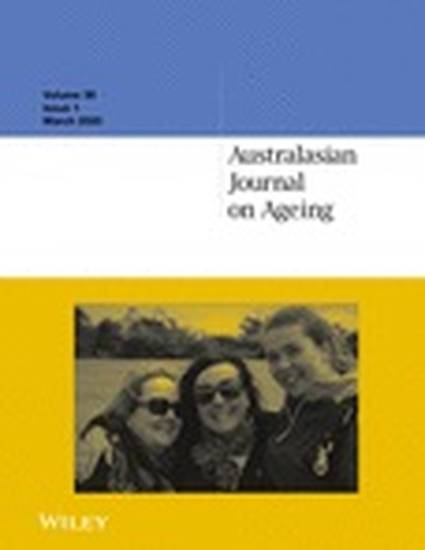
Article
Role of income in intergenerational co‐residence: Evidence from selected African and Asian countries
Australasian Journal on Ageing
(2018)
Abstract
Objective: The study investigates the macroeconomic determinants of co-residing arrangement between
generations in selected developing countries with a focus on examining the effect of changing income level of the working generation.
Methods: A reduced form model is specified for coresidence between the older generation and altruistic working generation. The fixed- and random-effects models are applied in two waves of data for 22 countries.
Results: Estimated results indicate that the income of the altruistic working generation has a negative effect on coresidence, suggesting that if the income of the working generation increases, co-residence decreases. This decrease is greater for older men compared with their female counterparts. Life expectancy, literacy and culture also have significant influences on co-residence.
Conclusion: Co-residence is expected to fall in developing countries with economic growth over time. Consequently, a higher proportion of older citizens will be vulnerable in the future. Hence, governments of developing countries will face increasing pressure from their older people to provide appropriate planning and strategy to face this challenge.
Keywords
- altruism,
- co-residence,
- panel study
Disciplines
Publication Date
Winter March 30, 2018
DOI
https://onlinelibrary.wiley.com/doi/abs/10.1111/ajag.12511
Citation Information
Nusrate Aziz. "Role of income in intergenerational co‐residence: Evidence from selected African and Asian countries" Australasian Journal on Ageing (2018) Available at: http://works.bepress.com/nusrate_aziz/34/
